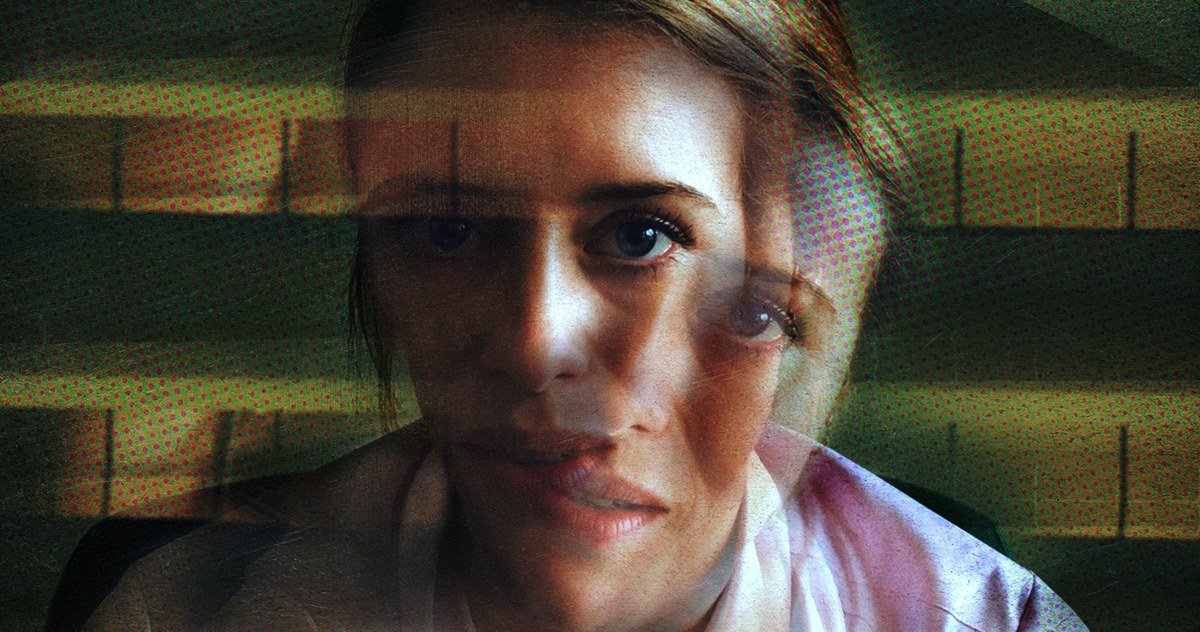
Following in the footsteps of other recent lists of overlooked and underseen genre films, this list celebrates transgressive cinema and their brave fans that enjoy films unafraid of being brutal, nasty, and nonconforming. Horror films, when done right, deal time and again with mankind’s own dark psychology and have proven repeatedly that horror is truly a director’s genre.
Luminaries like Alfred Hitchcock, Mario Bava, John Carpenter, Stuart Gordon, and Ida Lupino have proven to be some of the medium’s most talented storytellers, and skilled artisans whose bag of tricks have influenced legions of filmmakers after them, whether working exclusively in horror or not.
And it’s because horror has repeatedly gotten a bad rap (and we’re as sick of torture porn as you are) that Taste of Cinema has detailed this short list of 10 obscure classics that will appeal not just to fright fans, but to those who appreciate visual storytelling, atmospheric old school thrills, practical effects, shocking reveals, genius production design, and the darker side of the human psyche. Enjoy!
10. Dagon (2001)
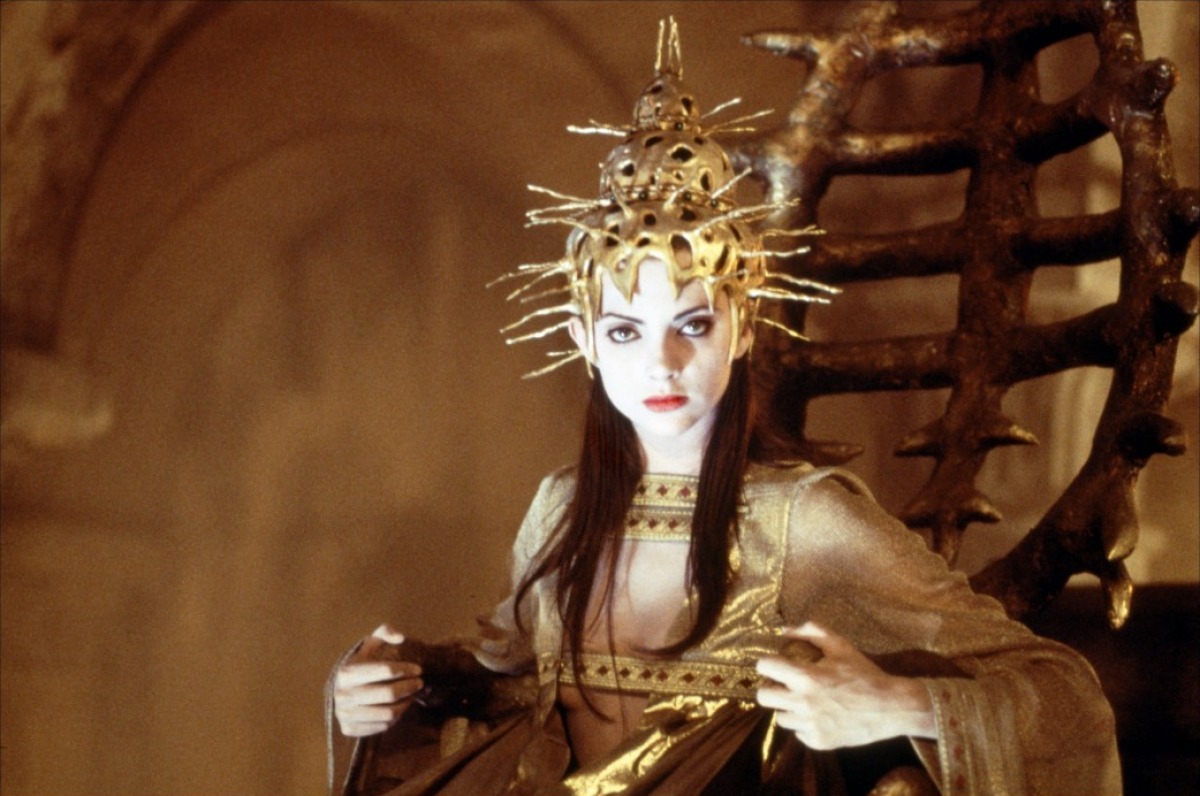
Ask any horror buff what genre director Stuart Gordon’s finest fright film is and you’ll hear Re-Animator (1985), his beloved loose Lovecraft adaptation. But you might also hear a few breathless utterances of one of his other Lovecraftian vehicles (no, not 1986’s From Beyond, but good guess), his underrated and incredibly atmospheric 2001 freakout, Dagon.
Reworking elements of Lovecraft’s 1936 novella “The Shadow Over Innsmouth” (though oddly the title comes from HPL’s 1919 short story “Dagon”) the viewer quickly becomes accustomed to likeable dotcom millionaire Paul Marsh (Ezra Godden), and his girlfriend Barbara (Raquel Moreno), together on a yachting vacay on the Spanish coast when a nasty, out-of-nowhere storm runs them aground near the small fishing village of Imboca.
And wouldn’t you know it, the denizens of Imboca are a strange, some might even say “fishy” lot. And if these eccentric salty hayseeds weren’t bad enough, Paul keeps spying a dishy mermaid (Macarena Gomez) from his nightmares, only now he’s wide awake. WTF HPL?
True to the essence of Lovecraft and dripping with dread, few films do justice to HPL’s often complex and compelling tales. Dagon is full of shocks and surprises, not the least of which being an unexpectedly emotional and eerie finish.
9. Prevenge (2016)
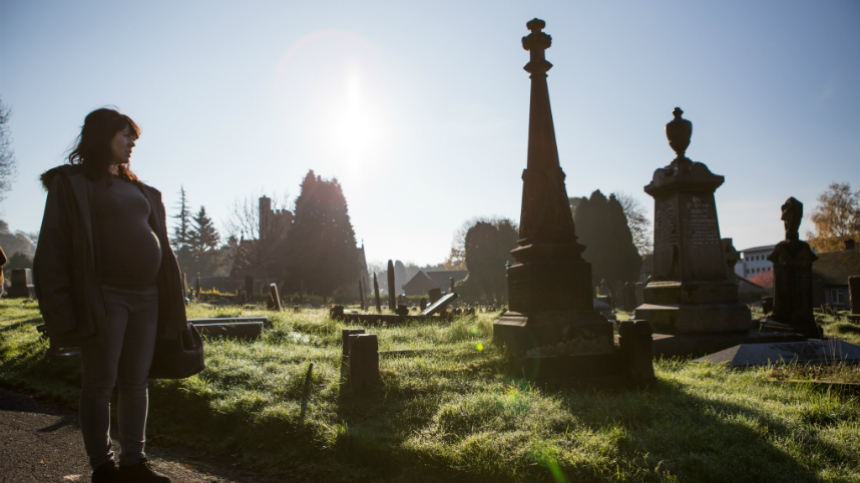
Perhaps best known for starring in and co-writing Ben Wheatley’s sinister comedy Sightseers (2012), Alice Lowe is a triple-threat with Prevenge as writer, director, and star. This audacious feature-length directorial debut from Lowe, who was six-months pregnant during filming, is about Ruth (Lowe), an expectant mother utterly convinced her baby wants her to kill an unhealthy amount of people.
Prevenge is a risky, pitch-dark one-off that’s full of black comedy, graphic gore, and plenty of pathos. Genre fans of course will delight in the urbane body horror that, perhaps owing to the rather mundane British environs, plays out with a gleeful ghoulishness.
A strange and often nightmarish distillation of Rosemary’s Baby as winnowed through Lowe’s impulsive, edgy, and intermittently murderous Ruth. Richly delving into the wonders of child-bearing and the preconceptions that go with, this is a sinisterly original freakout, sure to amass a devoted cult and find appreciative fans in those who enjoy horror spiked with contorted comedy.
8. Spring (2014)
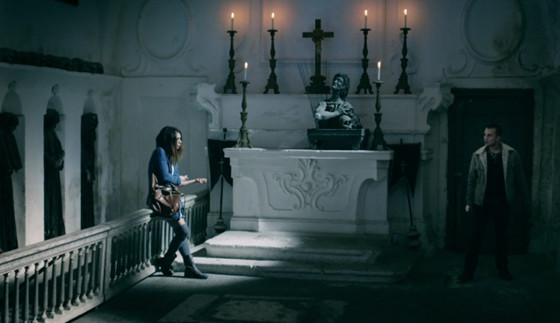
Directors Justin Benson and Aaron Moorhead (both men responsible for such excellent and original genre fare as Resolution [2012], The Endless [2017] and the forthcoming Synchronic [2019]) deliver a surprisingly romantic and provocative wrinkle in Lovecraftian body-horror with Spring.
Starring a herculean Lou Taylor Pucci as Evan, an American visiting Italy after the tragic death of his mother (yes, there’s some blatant Freudian psychology at play here) where he meets the very coquettish Louise (Nadia Hilker, excellent). After pretty much throwing herself at Evan the two have a very steamy love affair and we soon learn that Louise has a monster of a secret, wink wink.
A recent favorite of Mexican horror demigod Guillermo del Toro, who called Spring “one of the best horror films of this decade”, Spring also is refreshingly upfront about its carnal inclinations.
7. The Abominable Dr. Phibes (1971)
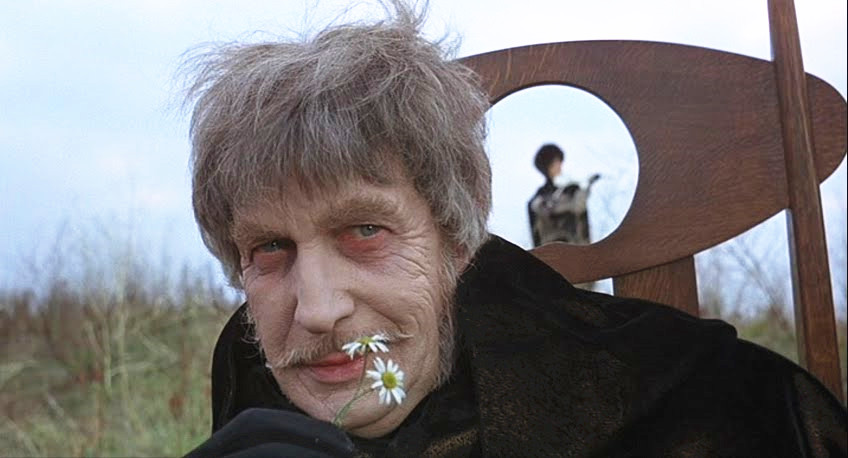
Vincent Price in his campy prime is pitch perfect as the titular figure in Robert Fuest’s darkly comedic horror film The Abominable Dr. Phibes. Shit out of luck, and with the cards cruelly stacked against him, Anton Phibes (Price) is terribly disfigured in a car crash while rushing to be at the side of his ailing wife, who soon after perishes.
Now presumed dead, Phibes figures it’s the fault of the surgeons that botched a procedure on his bride and so, inspired by certain passages from the Old Testament –– specifically the Ten Plagues of Egypt –– Phibes commences one doozy of killing spree.
There’s a strong Ken Russell vibe to Fuest’s aesthetic, and the art deco designs, musical asides (Phibes is an organist with one heck of a house band), it’s a film that is, as Variety puts it “[an] anachronistic period horror musical camp fantasy… loaded with comedic gore of the type that packs theatres and drives child psychologists up the walls.”
It’s a blood-soaked celebration and the 1972 sequel, Dr. Phibes Rises Again, is frightful fun, too.
6. Évolution (2016)

Arriving some eleven years after her last film (2004’s Innocence), French filmmaker Lucile Emina Hadžihalilović’s darkly inspired 2016 provocation Évolution makes for a hauntingly atmospheric cine- on gender fluidity.
Max Brebant is brilliant as 10-year-old Nicolas, an islander residing with his mother in a village whose only inhabitants are women and young boys. Akin to a Kafkaesque nightmare, the boys are each subjected to a strange and sinister medical treatment in the grim hospital that menacingly looks down upon the sea.
Of all his peers, Nicolas is the only one who questions these unpleasant aesculapian treatments and the odd nightly meetings the women hold each night, starclad upon the shingle.
Strongly surreal and endlessly unnerving, Évolution is a poetic experiential horror fantasy that may well only appeal to a certain and specific alcove of admirers, though cinematographer Manuel Dacosse’s prize-winning work will impress even the most mainstream audience members. A ghoulish gem.